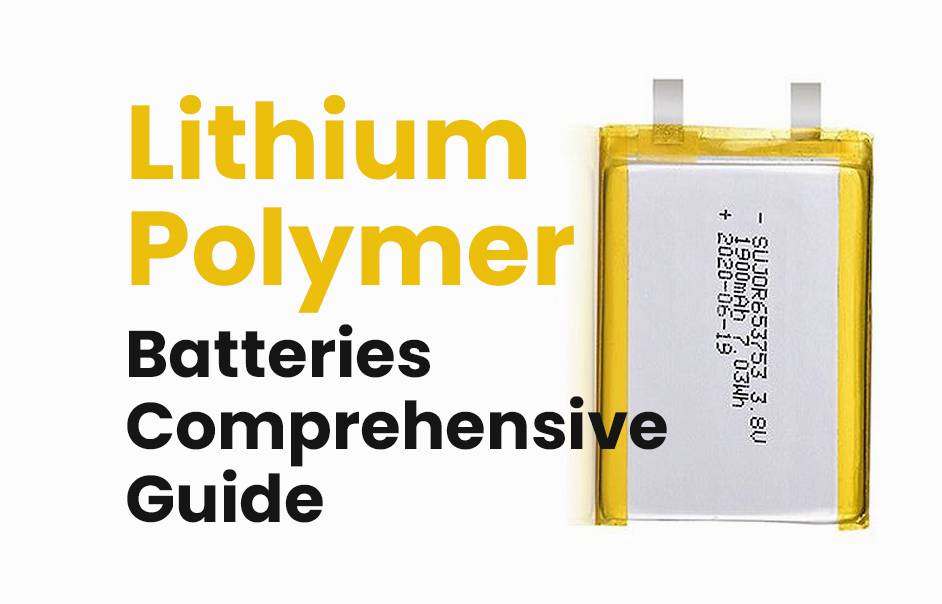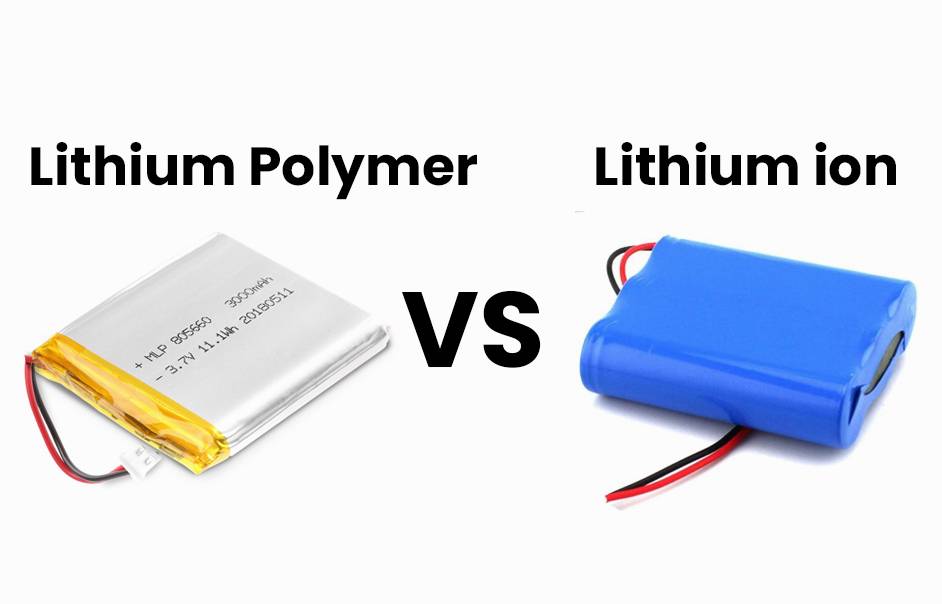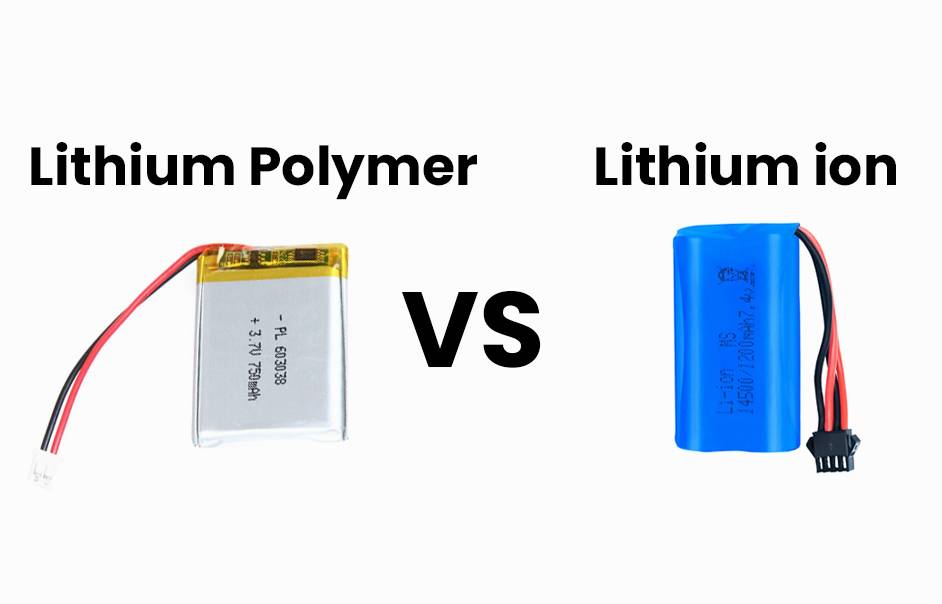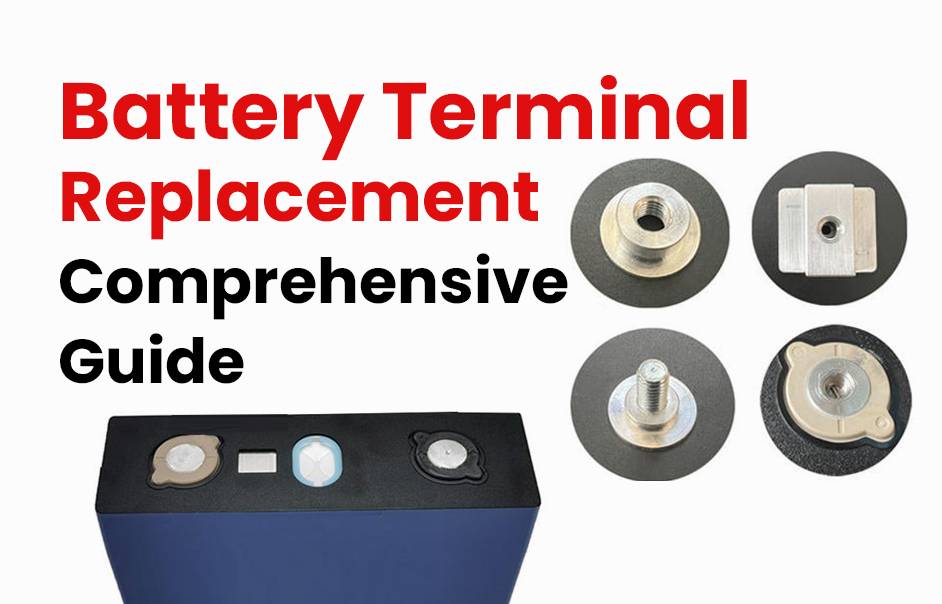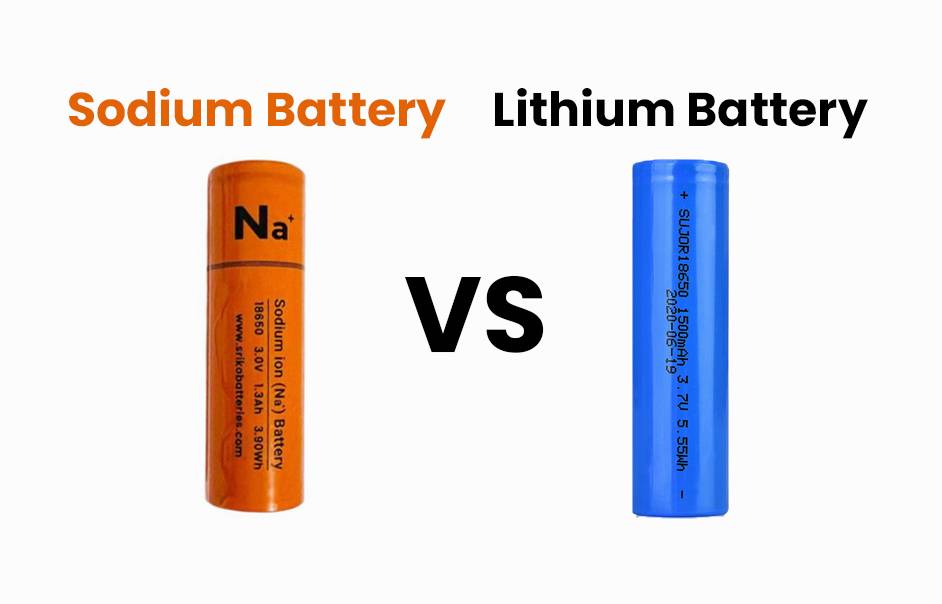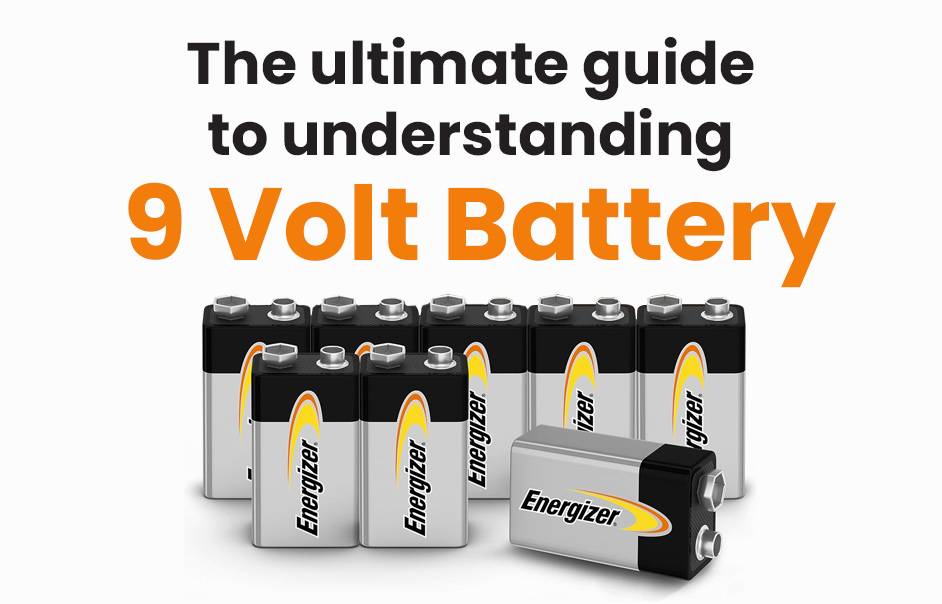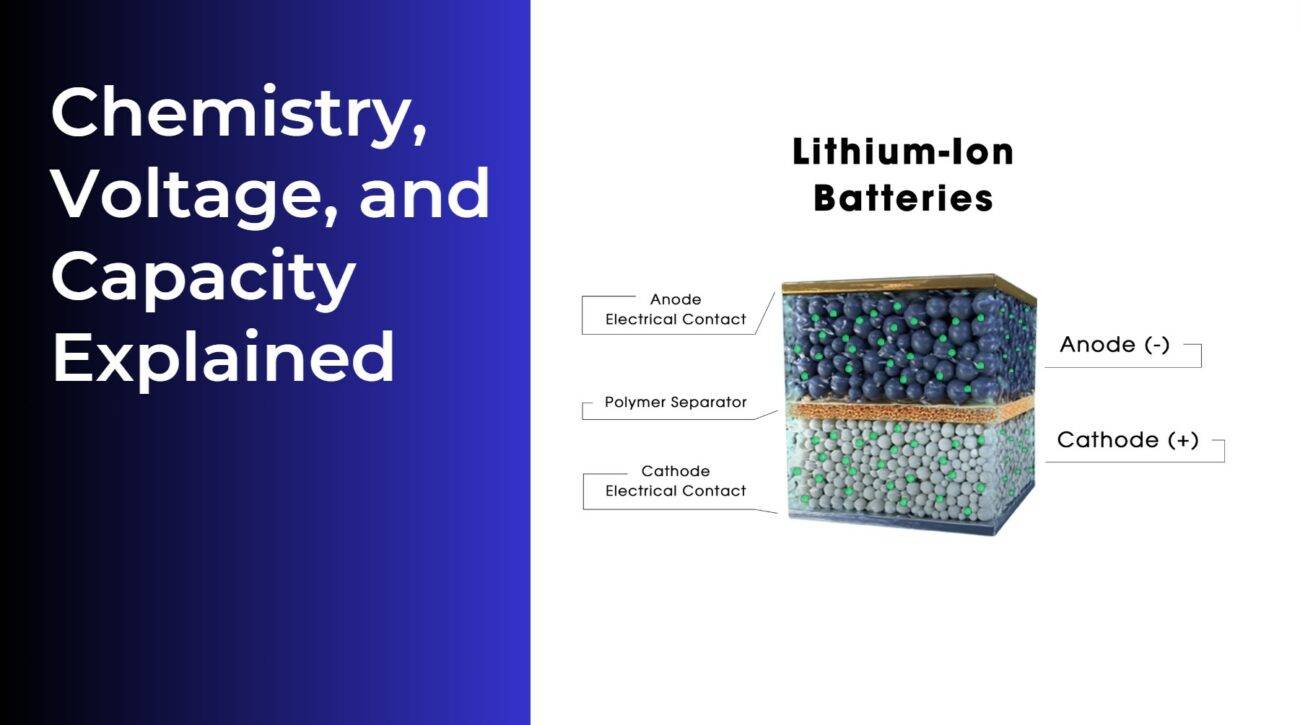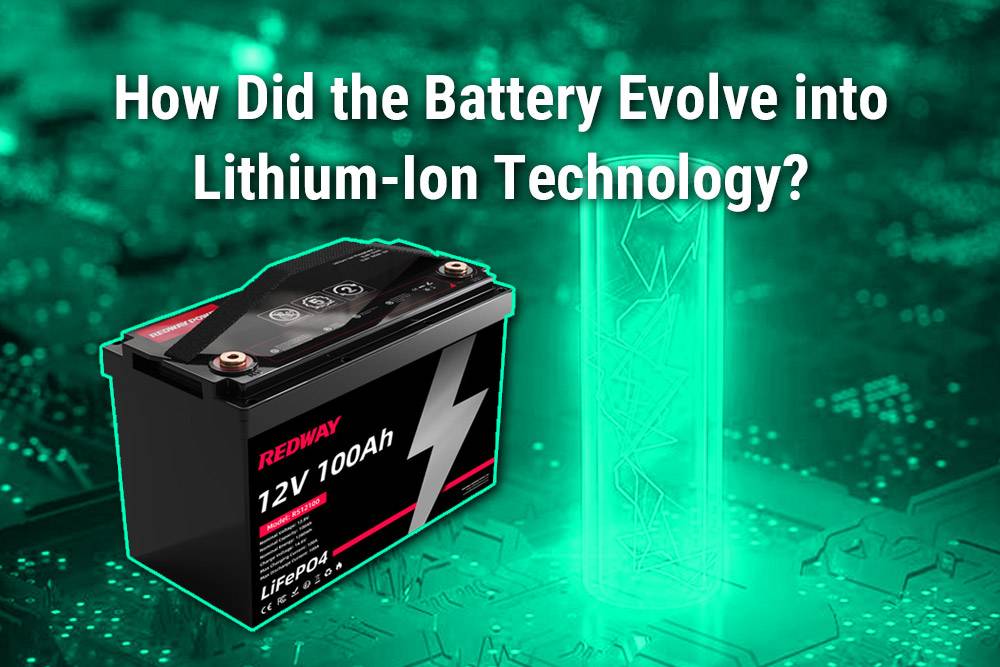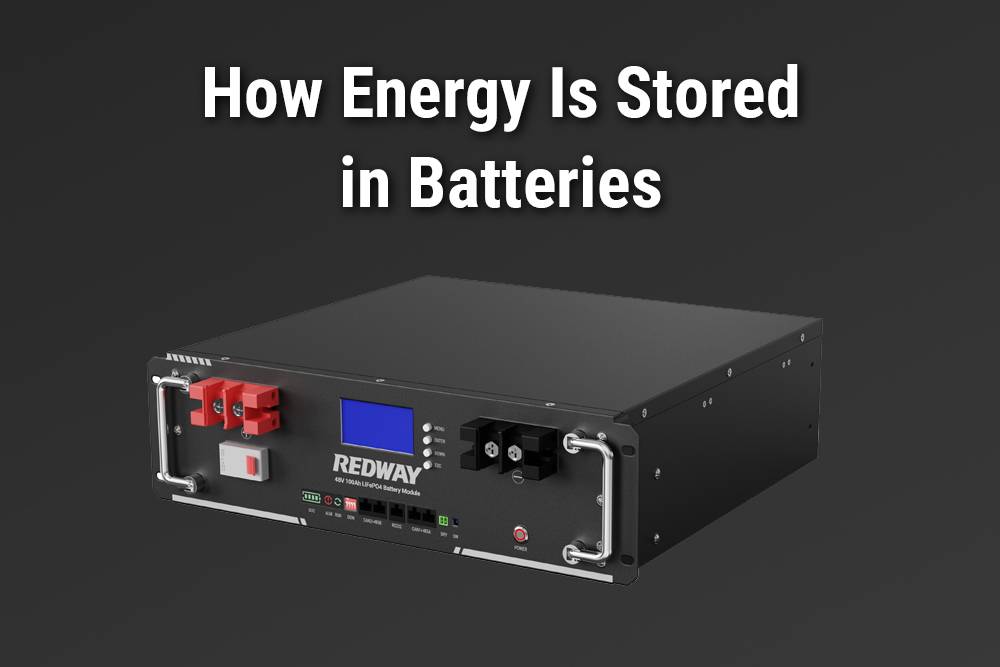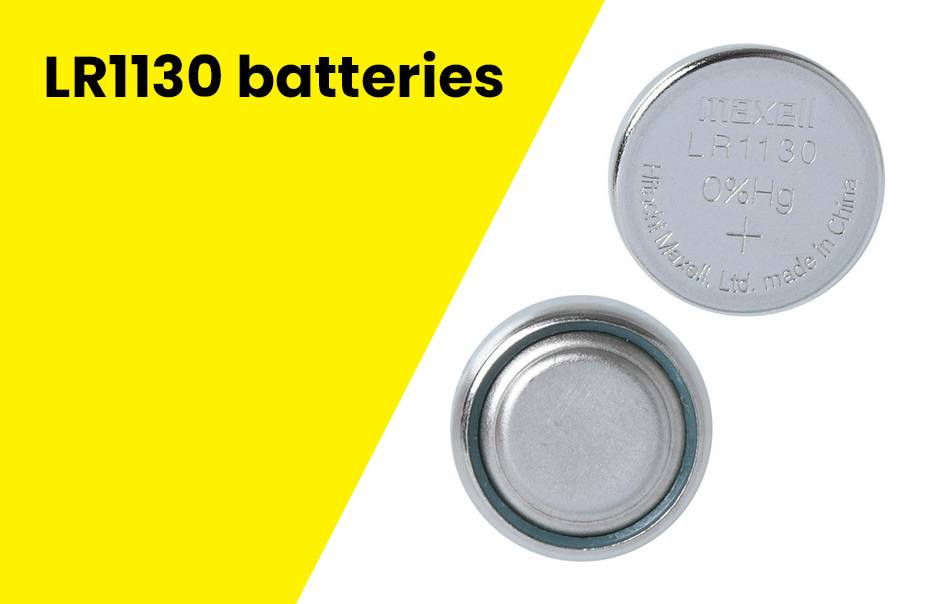
Blog
Sodium-ion Battery, Advantages and Disadvantages
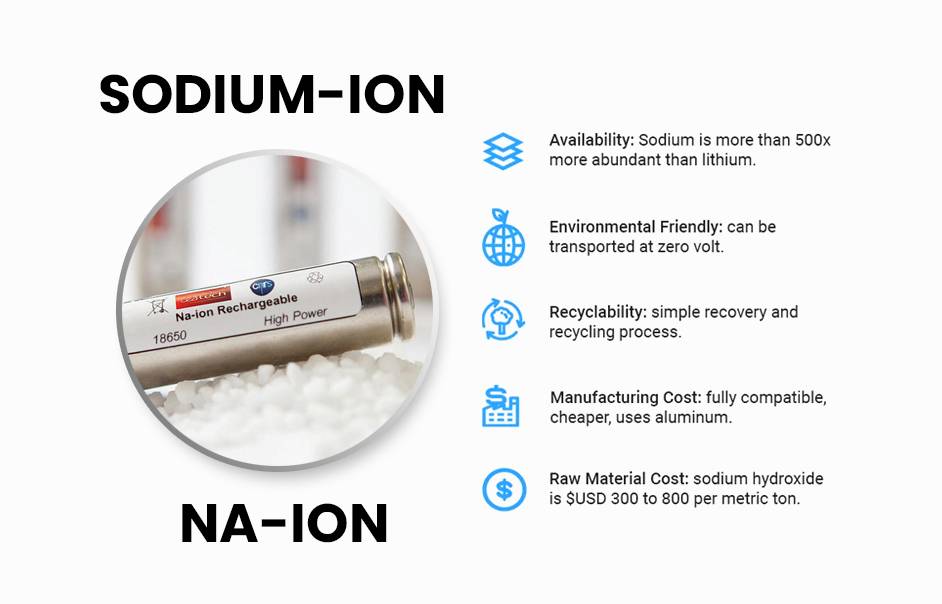
Sodium-ion batteries (Na-ion) are emerging alternatives to lithium-ion, using abundant sodium instead of lithium. They offer cost-effective production, safety, and environmental benefits but generally have lower energy density and shorter lifespan. Sodium-ion batteries are ideal for large-scale energy storage and industrial applications. Redway Power explores these innovations in OEM-grade energy solutions.
What Are Sodium-Ion Batteries?
Sodium-ion batteries store and release energy by shuttling sodium ions between the anode and cathode, similar to lithium-ion batteries. Sodium’s abundance makes them cheaper and more sustainable. Though energy density is lower than lithium-ion, they provide stable cycling performance and are considered safer in high-temperature and large-scale applications.
What Are the Key Advantages of Sodium-Ion Batteries?
Sodium-ion batteries are low-cost due to sodium’s wide availability, environmentally friendly, and non-toxic. They are safe at higher temperatures, provide stable cycling, and avoid rare-metal dependency. These benefits make them attractive for grid storage, renewable energy integration, and large-scale industrial applications where cost and sustainability outweigh compactness.
Chart title: Sodium-Ion Battery Advantages
| Advantage | Explanation |
|---|---|
| Cost-effective | Sodium is abundant and inexpensive compared to lithium |
| Environmentally friendly | No rare metals; easier recycling |
| Safety | High thermal tolerance reduces fire risks |
| Stability | Consistent performance over multiple cycles |
| Large-scale suitability | Ideal for energy storage systems |
What Are the Limitations of Sodium-Ion Batteries?
Sodium-ion batteries generally have lower energy density than lithium-ion, meaning heavier and larger packs are required for the same energy output. They may exhibit shorter cycle life in certain chemistries and are currently less commercialized, which limits availability. Cold-weather performance can also lag behind lithium-ion counterparts.
Chart title: Sodium-Ion Battery Limitations
| Limitation | Explanation |
|---|---|
| Lower energy density | Requires more space for same energy output |
| Shorter lifespan | Fewer cycles than high-end lithium-ion cells |
| Limited commercialization | Fewer suppliers and products available |
| Temperature sensitivity | Cold environments reduce efficiency |
| Development stage | Less mature technology than Li-ion |
How Do Sodium-Ion Batteries Compare to Lithium-Ion Batteries?
Sodium-ion batteries offer cost and sustainability advantages but cannot match lithium-ion in energy density and widespread adoption. Lithium-ion remains superior for portable electronics and EVs due to higher efficiency. Sodium-ion is positioned for stationary energy storage, grid backup, and applications prioritizing cost and safety.
Where Are Sodium-Ion Batteries Best Applied?
They are best suited for grid energy storage, renewable energy integration, and stationary industrial systems. Applications requiring high energy density, like EVs or portable devices, may still rely on lithium-ion. Redway Power develops sodium-ion solutions tailored for large-scale energy storage, emphasizing stability, cost-effectiveness, and environmental safety.
Can Sodium-Ion Batteries Be Used in Electric Vehicles?
While technically feasible, lower energy density makes sodium-ion less ideal for long-range EVs. They are more suitable for short-range electric transportation or stationary energy storage where weight and volume constraints are minimal. Continued research may improve their competitiveness in the EV market.
What Are the Environmental Impacts of Sodium-Ion Batteries?
Sodium-ion batteries are more environmentally friendly than lithium-ion due to abundant raw materials and simpler recycling processes. They reduce reliance on scarce metals, minimizing mining impacts and lowering carbon footprint in battery production. Redway Power integrates sustainable practices in sodium-ion and lithium battery production.
How Is the Cost of Sodium-Ion Batteries Compared to Lithium-Ion?
Sodium-ion batteries are generally cheaper, driven by abundant raw materials and simplified manufacturing. While current scale and technology maturity affect prices, projected costs for large-scale energy storage systems are lower than equivalent lithium-ion solutions. They are particularly advantageous for grid-scale renewable integration.
What Are the Safety Advantages of Sodium-Ion Batteries?
Sodium-ion batteries have higher thermal stability, are less prone to overheating, and present lower fire risk than lithium-ion. They can operate safely at elevated temperatures and are robust under abusive conditions, making them suitable for industrial and stationary applications without extensive cooling systems.
Redway Power Expert Views
“Sodium-ion technology opens new pathways for sustainable, cost-effective energy storage,” explains a Redway Power expert. “While lithium-ion dominates portable and EV markets, sodium-ion batteries excel in grid and industrial applications. Redway Power is pioneering OEM-grade sodium-ion solutions that balance safety, environmental responsibility, and economic efficiency.”
Conclusion
Sodium-ion batteries offer a compelling alternative to lithium-ion, with advantages in cost, sustainability, and safety. Limitations include lower energy density and less maturity in commercialization. Redway Power develops high-quality sodium-ion solutions for large-scale industrial and energy storage applications, advancing the transition to safer and environmentally responsible battery technologies.
FAQs
Are sodium-ion batteries safer than lithium-ion?
Yes, they are more thermally stable and less prone to fire hazards.
Can sodium-ion batteries replace lithium-ion in EVs?
Currently, energy density limitations make them less suitable for long-range EVs.
Why are sodium-ion batteries cheaper?
They use abundant, low-cost sodium instead of lithium, reducing raw material costs.
Do sodium-ion batteries perform well in cold climates?
Cold performance is lower than lithium-ion, which may affect efficiency.
Where are sodium-ion batteries most practical?
Best for stationary energy storage, grid applications, and large-scale renewable integration.




